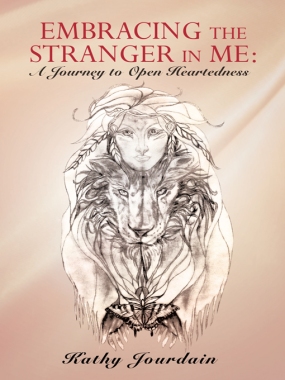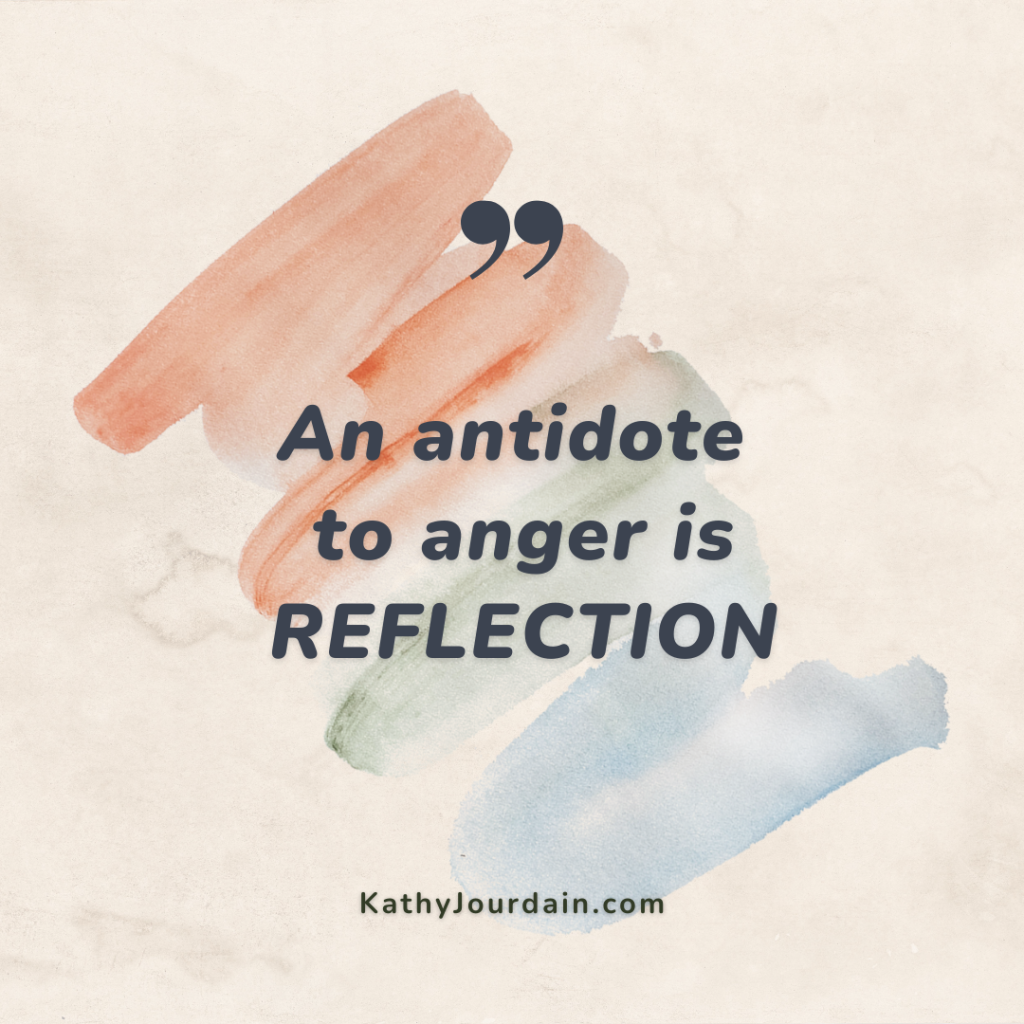Most of us, if not all of us, have experienced shame at some point in our lives. The work of shame is so powerful that it shuts us down, depletes us of energy and makes us want to hide. It can rob us of vitality and voice. It can feel like shame is sending out signals that you are a person who has failed, that here is someone who wasn’t smart enough to figure out something, someone who misjudged a situation.

An antidote to shame is transparency, using your voice, sharing your story. From my own experience when I felt the power of shame, a few times over the course of my life’s journey, relief started with sharing my story with one or two trusted individuals who witnessed me in that moment. Their reactions – acknowledging, witnessing, validating, seeing the fullness of me beyond the particular situation for which I felt shame – was freeing. It restored trust in myself. Not immediately, but over time.
A partial definition of transparency is “the quality of allowing light to pass through” – and how uplifting to consider light passing through to our heart and soul, soul essence, the core of who we are. Transparency doesn’t have to mean proclaiming everything loudly to everyone – although those who do share profound stories that have been kept secret for a long time provide inspiration and hope for others who have experienced similar situations.
If you have experienced, or are experiencing, shame, know you are not your shame or your experience. Take the time you need to move through it. Find trusted spaces to share your story as transparently as possible and allow yourself to be witnessed into healing.









